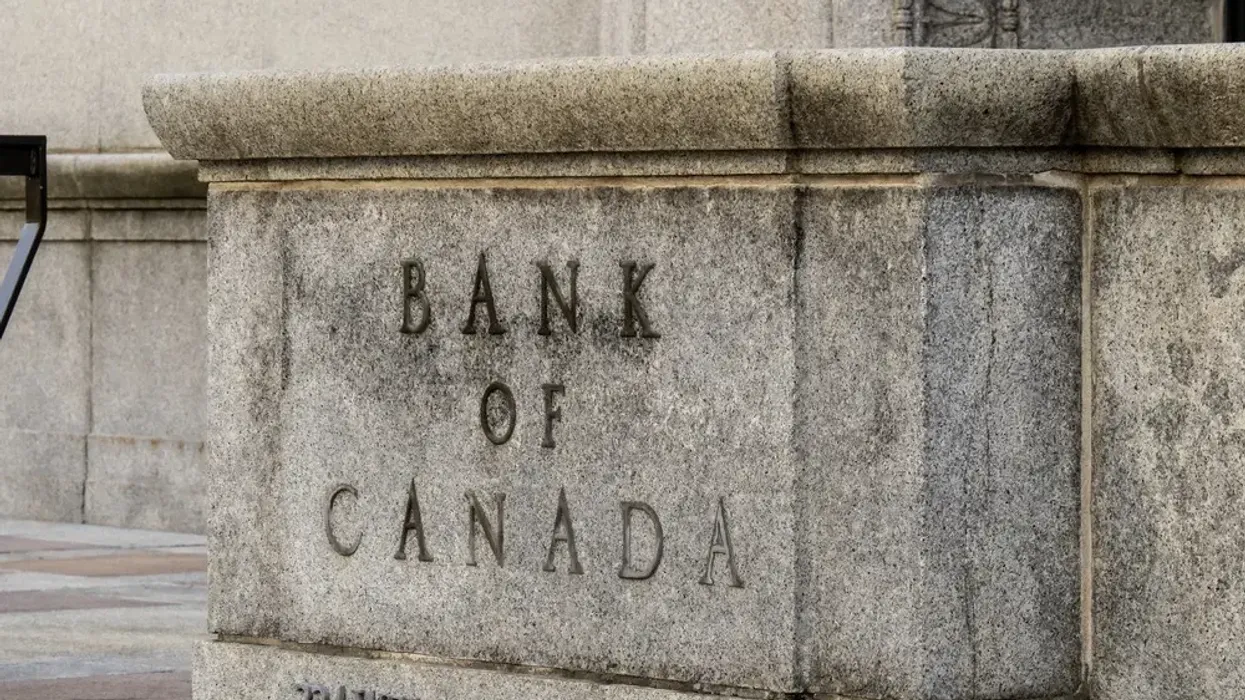Wednesday marked the second Bank of Canada (BoC) interest rate announcement of the year. The overarching takeaway: the bank made good on its promise to hold the benchmark rate steady… for the time being, at least.
“We can see that the interest rate increases we’ve undertaken to date are already working. Higher rates are slowing household spending, and inflation is coming down,” Bank of Canada Governor, Tiff Macklem, said in a statement in January. “We expect to pause rate hikes while we assess the impacts of the substantial monetary policy tightening already undertaken. To be clear, this is a conditional pause -- it is conditional on economic developments evolving broadly in line with our MPR outlook. If we need to do more to get inflation to the 2% target, we will.”
After eight consecutive rate hikes over the span of a year, industry experts agree that Wednesday’s announcement is a bright spot for Canadian consumers. It may even bode well for the housing market this spring.
Rate Pause a Matter of Credibility
Moshe Lander, Senior Economics Lecturer at Concordia University, says “nothing has really happened” between the January and March decisions to necessitate another rate hike. In fact, the Consumer Price Index has come down for two months in a row, dipping to 6.3% in December and to 5.9% in January. These are signs that the rate hikes are working their way through the economy the way they are designed to.
“Because there hasn't been any smoking gun, the Bank of Canada had to keep things on pause to maintain a certain element of credibility,” he continues. “Just imagine a parent says to their child, ‘I want you to go to bed at 10:00.’ Then 10:00 comes, and they say, ‘make it 10:15.’ The kid’s going to say, ‘I thought I had until 10:00.’ Credibility comes from when you say something, standing behind it unless there's evidence to suggest that you need to change your position.”
If the BoC had in fact raised the rate, Lander adds, it would only frustrate and confuse Canadians and implicate the efficacy of the bank's forward guidance. “That could make it harder for expectations to be met in the future.”
"A Much-Needed Sigh of Relief"
“I think the pause is a much-needed sigh of relief for would-be homebuyers,” says Christopher Alexander, President at RE/MAX Canada. Where consumer confidence has dwindled over the past year, he’s now observing some semblance of rebound. “What I'm hearing, at least from a good segment of agents, is that their customers are understanding that rates are where they're at, and they're probably going to be where they are for the foreseeable future.”
Alexander’s observation is well-supported. In January, insurance comparison platform RATESDOTCA revealed that mortgage renewal quotes were up by 107% and purchase quotes by close to 92% month over month. Year over year, renewal and purchase quotes were up 49% and 48%, respectively, indicative of “a new wave of interested buyers.”
More recently, the latest Bloomberg Nanos Canadian Confidence Index showed that consumer confidence hit a six-month high in February, attributed to “improving views on real estate.”
“Consumer confidence rose to the highest level since the end of September as more Canadians see real estate values rebounding after the central bank conditionally halted its interest-rate hikes,” wrote Randy Thanthong-Knight in a post for Bloomberg News. “More than a quarter of respondents now expect prices to rise in the next six months, the highest proportion since September."
Alexander notes that prices will likely continue to find support in the coming months due to chronically low supply.
“It's very fascinating because, outside of Calgary and a little bit of Edmonton, the story is the same across Canada, which is very low inventory, homes that come to market are selling pretty quickly and oftentimes in competition or in multiple offers.”
Reprieve for the Rental Market?
While conditions in the housing market are nowhere near the pandemic frenzy, Alexander says that the home-buying desire is certainly there.
“There’s a lot of pent-up demand,” he says. “Consumers have to make buying and selling decisions, so they're going to make them in the next several months. I think we're going to get some balance, we're probably going to get back to the normal real estate cycle.”
And this may even translate into some reprieve for the rental market.
In January, the annual rate of rent inflation in Canada remained in the double-digits for the ninth consecutive month, rising 10.7% to $1,996, according to the latest national rent report from Rentals.ca.
“We were on the verge of renting being more expensive than buying,” says Alexander. However, the rate pause may very well entice Canadians to reevaluate their home-buying plans. Alexander says he’s seen this happen in the past. “You might get people jumping back into purchasing, jumping back into homeownership."
Rate Uncertainty Lingers
Whether or not the BoC will raise the rate further remains to be seen. The consensus amongst industry experts seems to be that we haven’t seen the last of rate hikes.
“The major risk this year with respect to BoC rate policy is that the central bank will have to reverse course and lift the policy rate further,” says Joe Brusuelas, Chief Economist with consulting firm, RSM. In a report from February, RSM forecasted that the BoC will raise its policy rate to a peak of 4.75% by the middle of this year.
Brusuelas also cautions that activity from the US Federal Reserve stands to have a major influence over the BoC’s next moves.
“Following Federal Reserve Chair Jerome Powell’s testimony to Congress this week, it's highly likely that the American policy rate will move to a minimum of 5.5% and quite possibly 6% in the near term,” he says. “Given that the current BoC policy rate stands at 4.5%, that creates quite a large differential which will result in capital flowing into the US and depreciation of the Canadian dollar against the greenback.”
Protecting the value of Canadian currency "may lead the BoC to reconsider its strategic pause later this year," adds Brusuelas.
Speculation aside, Lander says that consumers can expect the Bank to “start to make noises” ahead of a prospective rate increase. “And that makes it a lot easier than for people to stomach because they would see it coming then.”





















